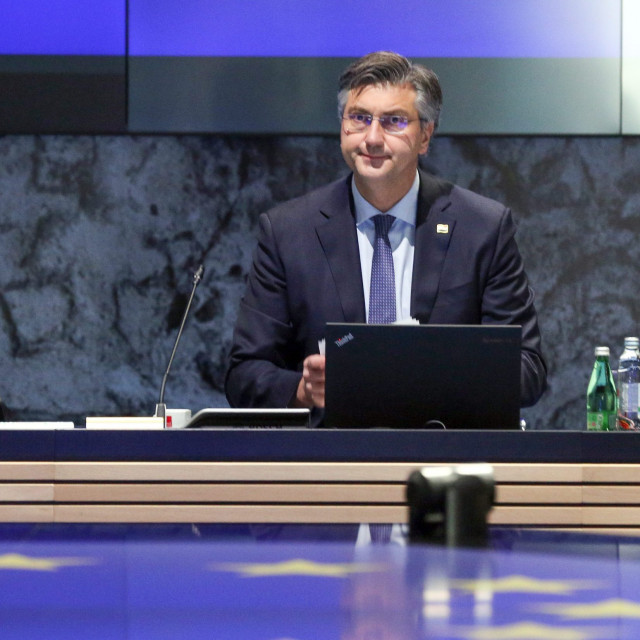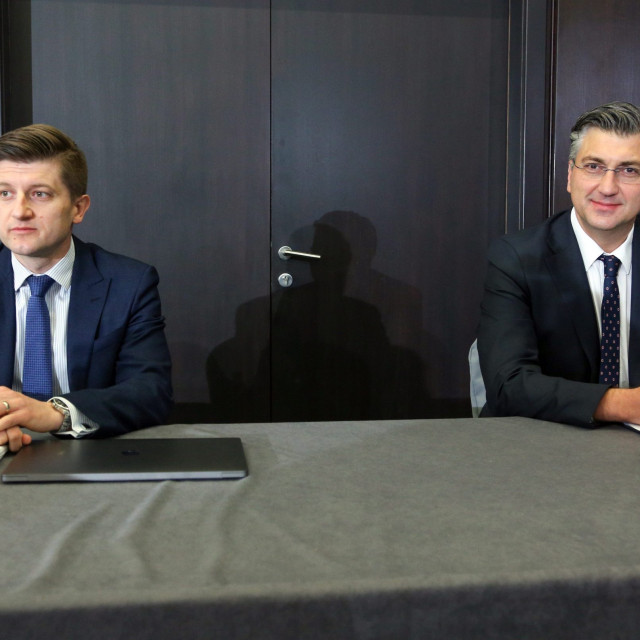
The HNB said ina press release that the precautionary currency swap line would be be activated if needed.
"The currency swap line allows for the exchange of the kuna for the euro in the amount of EUR 2bn," the national bank said.
This swap line gives the HNB "the space to provide additional euro liquidity to Croatian financial institutions, should they need it, without using its own international reserves."
The Croatian central bank said that it "will notify the ECB of the use of euro liquidity acquired through the currency swap line. The currency swap line will remain in place until 31 December 2020, and can be extended if necessary."
In March, the HNB conducted five interventions on the foreign exchange market to maintain the stability of the exchange rate of the kuna, selling a total of € 2.25 billion.
It has also taken some other measures to mitigate the economic impact of the coronavirus pandemic.
The currency swap line agreed between the Croatian National Bank (HNB) and the European Central Bank (ECB) is an important and encouraging signal in the fight against the consequences of the coronavirus pandemic and in the process of adopting the euro in Croatia, Prime Minister Andrej Plenkovic said on Wednesday.
Important and encouraging agreement
"We have received an important and encouraging signal as a country that has a strategy for the adoption of the euro and that has focused some of its activities on the action plan to fulfil the criteria for the European Exchange Rate Mechanism II as an antechamber to the Eurogroup. In this regard, the message about the currency swap is very important and encouraging to Croatia, not just for it to persist on the path to adopting the euro, but in the present situation it allows Croatia for the first time to exchange €2 billion with the ECB," the prime minister Andrej Plenkovic told reporters after an inner cabinet meeting.
He said that the arrangement also opened up the space for domestic financial institutions to cope with the present crisis caused by the COVID-19 pandemic.






Komentari
0